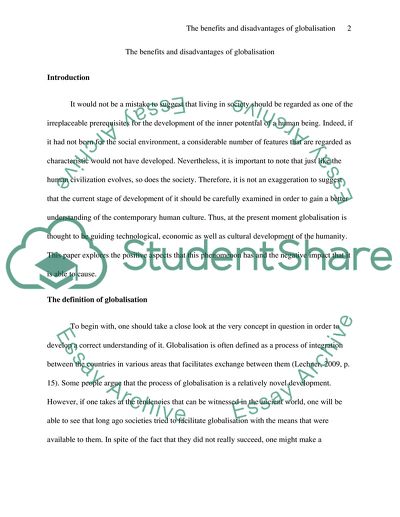Cite this document
(“Assess the benefits and disadvantages of globalisation Essay”, n.d.)
Assess the benefits and disadvantages of globalisation Essay. Retrieved from https://studentshare.org/sociology/1694778-assess-the-benefits-and-disadvantages-of-globalisation
Assess the benefits and disadvantages of globalisation Essay. Retrieved from https://studentshare.org/sociology/1694778-assess-the-benefits-and-disadvantages-of-globalisation
(Assess the Benefits and Disadvantages of Globalisation Essay)
Assess the Benefits and Disadvantages of Globalisation Essay. https://studentshare.org/sociology/1694778-assess-the-benefits-and-disadvantages-of-globalisation.
Assess the Benefits and Disadvantages of Globalisation Essay. https://studentshare.org/sociology/1694778-assess-the-benefits-and-disadvantages-of-globalisation.
“Assess the Benefits and Disadvantages of Globalisation Essay”, n.d. https://studentshare.org/sociology/1694778-assess-the-benefits-and-disadvantages-of-globalisation.


